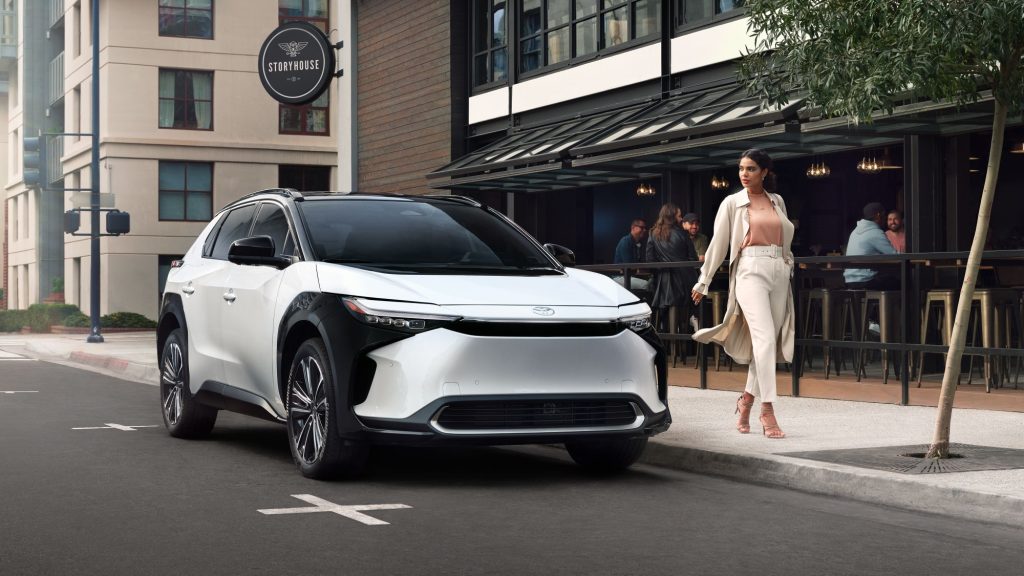
Hybrid vehicles have become synonymous with fuel efficiency and eco-friendly driving. However, some misconceptions about the maintenance of hybrid cars persist. In this blog, we debunk common myths and shed light on the realities of hybrid vehicle maintenance, offering a comprehensive understanding for current and prospective hybrid owners.
Myth 1: Hybrid Maintenance Is More Expensive Than Regular Cars
Reality:
- While the initial cost of hybrid vehicles may be slightly higher due to advanced technology, their long-term maintenance costs are often comparable to or even lower than traditional vehicles. Hybrids benefit from regenerative braking, which reduces wear on brake components, and their engines often have fewer moving parts, minimizing the likelihood of certain repairs.
Myth 2: Hybrid Batteries Need Frequent Replacement
Reality:
- Hybrid batteries are designed to last for the life of the vehicle. Manufacturers typically offer warranties for hybrid batteries, and many hybrids on the road today have proven the longevity of their battery systems. Routine maintenance and driving habits can significantly influence the lifespan of the battery.
Myth 3: Hybrid Repairs Can Only Be Done by Dealerships
Reality:
- While hybrid technology is specialized, many skilled mechanics and independent repair shops are equipped to handle hybrid vehicle maintenance and repairs. It’s essential to choose a qualified and experienced technician familiar with hybrid systems, but vehicle owners are not restricted to dealership service centers.
Myth 4: Hybrid Cars Require Specialized Maintenance
Reality:
- Hybrid vehicles follow a maintenance schedule similar to conventional cars. Regular tasks such as oil changes, brake inspections, and tire rotations remain essential. Some hybrids may have additional checks for the electric motor and battery system, but these are typically part of routine maintenance and not overly complex.
Myth 5: Hybrid Batteries Are Harmful to the Environment
Reality:
- Hybrid batteries are designed to be durable and environmentally friendly. Manufacturers prioritize recycling and disposal programs for old hybrid batteries. The materials used in these batteries, such as nickel and cobalt, are valuable and can be reclaimed for reuse.
Myth 6: Hybrid Vehicles Are More Prone to Breakdowns
Reality:
- Hybrid vehicles undergo rigorous testing and adhere to high-quality standards. Their dual power sources provide redundancy, and advanced technologies, such as regenerative braking, contribute to the overall reliability of hybrid cars. Proper maintenance and regular inspections further enhance their dependability.
Tips for Hybrid Vehicle Maintenance:
- Follow the Manufacturer’s Maintenance Schedule:
- Adhering to the recommended maintenance schedule outlined in the owner’s manual is crucial for keeping a hybrid vehicle in optimal condition.
- Choose Qualified Technicians:
- Selecting experienced and qualified technicians, whether at a dealership or an independent shop, ensures that the maintenance and repairs are performed correctly.
- Monitor Tire Pressure:
- Proper tire maintenance, including regular checks and adjustments to tire pressure, contributes to fuel efficiency and overall vehicle performance.
- Battery Health Checks:
- Periodic checks on the hybrid battery system can identify potential issues early. Many modern hybrids provide diagnostic tools to monitor battery health.
- Regenerative Braking Awareness:
- Understanding and utilizing regenerative braking can extend the life of brake components. Drivers should be aware of driving habits that maximize the benefits of regenerative braking.
Conclusion: Maintaining the Future of Driving
As we unveil the myths surrounding hybrid maintenance, it’s clear that these vehicles are not only environmentally conscious but also practical and reliable. Hybrid technology continues to evolve, and with proper care and maintenance, hybrid owners can enjoy the benefits of fuel efficiency and reduced environmental impact for the long haul. The realities of hybrid maintenance dispel misconceptions, positioning these vehicles as reliable and sustainable options in the ever-changing landscape of automotive technology.





